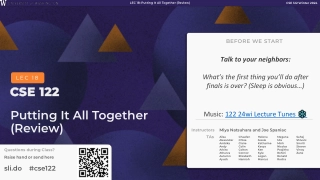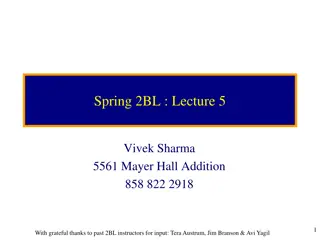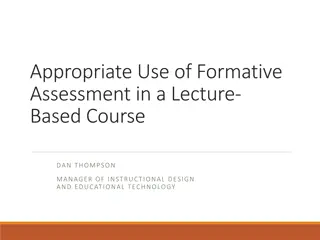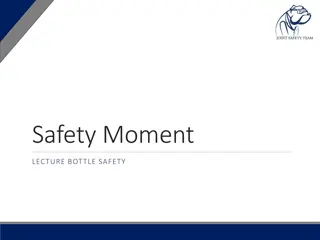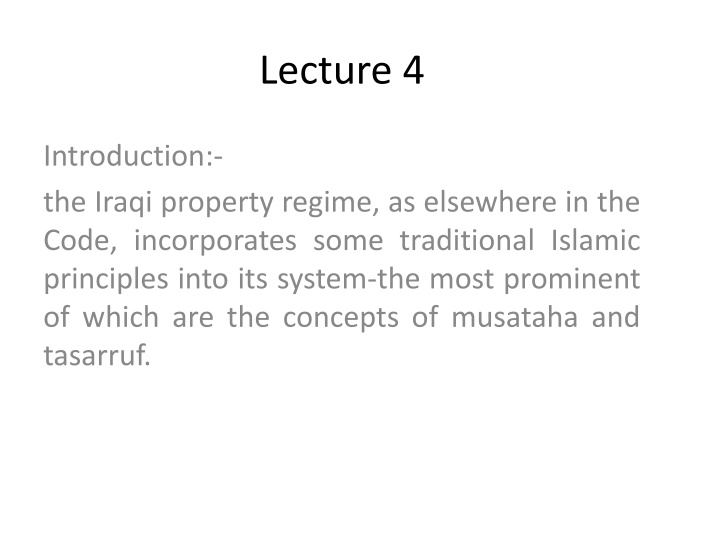
Islamic Property Regime in Iraqi Law: Musataha and Tasarruf Concepts
The Iraqi property regime incorporates traditional Islamic principles, emphasizing concepts like musataha and tasarruf. Musataha grants the right to build on another's land, with the builder owning the structure. This right lasts up to fifty years and is heritable. Musataha differs from usufruct, as the latter is broader and allows various property uses. The Iraqi Civil Code specifies limitations and distinctions between these property rights.
Download Presentation

Please find below an Image/Link to download the presentation.
The content on the website is provided AS IS for your information and personal use only. It may not be sold, licensed, or shared on other websites without obtaining consent from the author. If you encounter any issues during the download, it is possible that the publisher has removed the file from their server.
You are allowed to download the files provided on this website for personal or commercial use, subject to the condition that they are used lawfully. All files are the property of their respective owners.
The content on the website is provided AS IS for your information and personal use only. It may not be sold, licensed, or shared on other websites without obtaining consent from the author.
E N D
Presentation Transcript
Lecture 4 Introduction:- the Iraqi property regime, as elsewhere in the Code, incorporates some traditional Islamic principles into its system-the most prominent of which are the concepts of musataha and tasarruf.
Lecture 4 Islamic Civil Codes frequently make mention of a particular right known as a musataha." A right of musataha is a specific right in rem conferring upon the owner thereof the right to build a building or to plant on the land of another. The Iraqi Civil Code devotes a section to the right of musataha--defining it as a right which "... vests unto its holder a right to construct a building or other installations, other than plantations, on the land of another person pursuant to an agreement concluded by him and the owner of the land setting down the rights and obligations of the holder of the right."
Lecture 4 Q : Clarify the concept of Musataha? According to the Code, [b]uildings or other installations (works) carried out by the surfacer (musateh) will be wholly owned by the latter and he may dispose of them together with the surface right by sale, mortgage, and by such other rights of alienation in the Land Registration Department without prejudice to the right of the landowner and the object for which the building or works are destined unless.., there is an agreement otherwise
Lecture 4 This right may not exceed fifty years. The Iraqi code contains such a provision alongside civil law concepts of use and usufruct. There seems to be the possibility of some overlap in the two concepts.However, there distinctions. For instance, according to the Iraqi Code, a usufruct can last as long as the life of the usufructuary, and does not pass to heirs by inheritance. In contrast, musataha is limited in time, but is heritable and can pass to heirs for the rest of the period of fifty years. are important
Lecture 4 More importantly, the right of usufruct is much broader than the narrow right of musataha. Where the usufruct gives the grantee the right to exploit property in any way possible, like planting and reaping or building or erecting trees, the right of musataha is specifically the right to build buildings or constructions on land. The Iraqi Code, in fact, prohibits the use of musataha for the purposes of planting trees or other similar acts.

